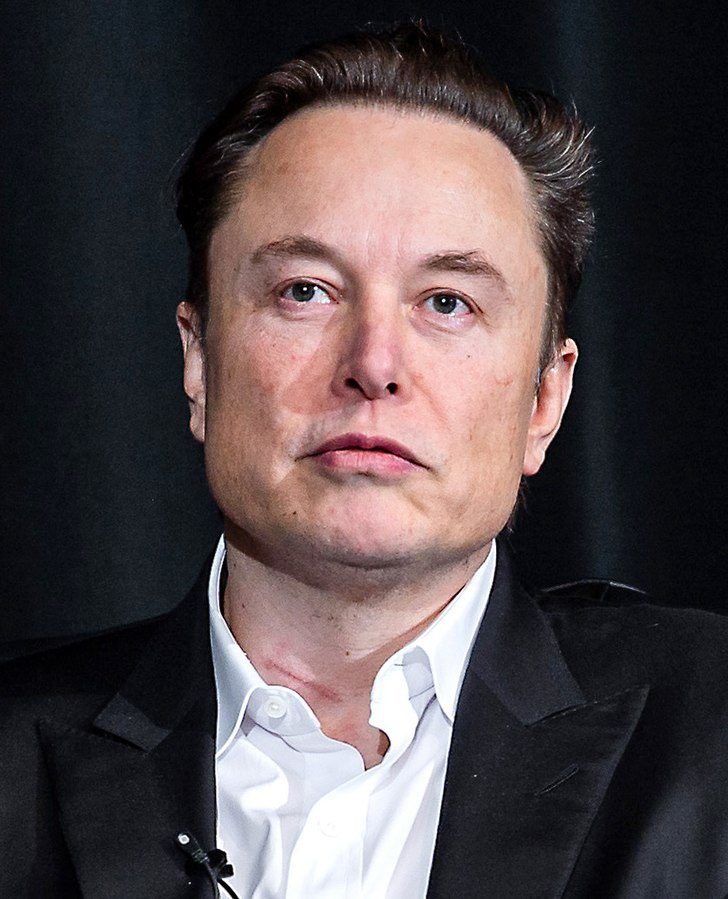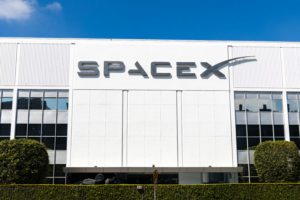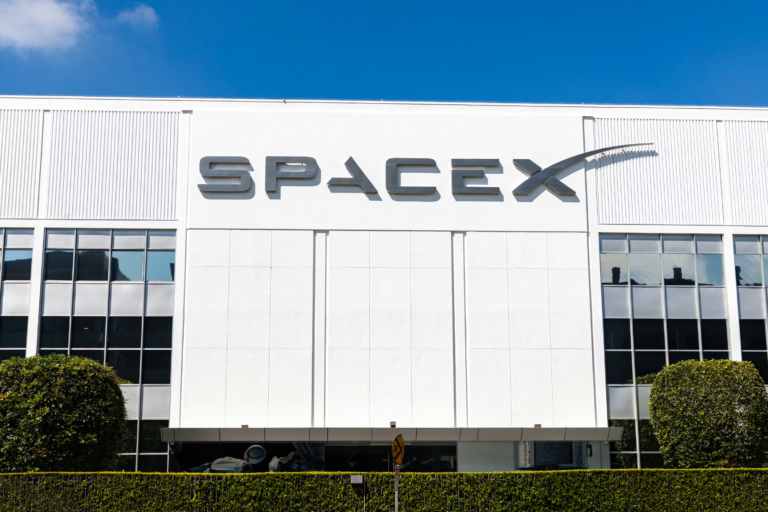Elon Musk has signaled his willingness to withdraw his $97.4 billion bid for OpenAI’s nonprofit—provided the company’s board agrees to safeguard its original mission and halt its transition to a for-profit entity.
According to a court filing submitted to the U.S. District Court for the Northern District of California on Wednesday, Musk’s legal team asserted that the proposal to acquire OpenAI’s nonprofit arm is a serious one. The document emphasizes that the nonprofit must receive appropriate compensation based on market valuation if its assets are put up for sale.
The filing indicates, “Should […] the charity’s assets go to sale, a Musk-led consortium has made a serious bid […] that would go to the charity in furtherance of its mission. [But if] OpenAI, Inc.’s Board is willing to maintain the charity’s mission and agree to remove the ‘for sale’ sign from its assets by stopping its conversion, Musk will rescind the bid.

This development follows Musk’s initial offer on Monday, when he, along with his artificial intelligence firm xAI and a group of investors, proposed acquiring OpenAI’s nonprofit entity for $97.4 billion. The bid was swiftly dismissed by OpenAI CEO Sam Altman and the company’s board. In response, Andy Nussbaum, legal counsel for OpenAI’s board, stated that the proposal failed to establish a legitimate valuation for the nonprofit and reiterated that OpenAI’s nonprofit structure is not available for sale.
Musk, a co-founder of OpenAI from its inception, has been embroiled in a long-standing legal battle with the organization. He sued OpenAI and Altman last year, alleging they were involved in fraudulent activities and anticompetitive conduct, among other charges.
OpenAI was initially established as a nonprofit entity but shifted to a “capped-profit” structure in 2019. Under this framework, the nonprofit retained control as the primary shareholder of OpenAI’s profit-driven arm while maintaining formal fiduciary obligations to its original charter. However, OpenAI is currently undergoing another transformation—this time into a traditional for-profit structure known as a public benefit corporation. Musk’s lawsuit aims to prevent this transition, arguing that it contradicts the organization’s founding mission.
Earlier on Wednesday, OpenAI’s legal representatives dismissed Musk’s actions as a strategic maneuver to destabilize a competitor. They also pointed out the contradiction in his legal stance, as he previously argued that any restructuring of OpenAI would violate its charitable trust obligations.
The dispute highlights the broader tension surrounding OpenAI’s rapid evolution from a nonprofit research entity to a dominant force in the artificial intelligence industry. While Musk has publicly voiced concerns about AI development and its ethical implications, his attempt to take control of OpenAI’s nonprofit wing has been met with skepticism from industry observers. Some see it as a genuine effort to steer the organization back to its original principles, while others view it as a strategic play to gain leverage in the competitive AI sector.
As the battle rages in the courts, the future trajectory of OpenAI is unknown. Whether the board will reconsider plans for transition due to Musk’s offer or keep pursuing its restructuring is unclear at this time. This is one thing, though: the showdown between Musk and OpenAI has yet to finish, and the results may shape the wider AI industry forever.








